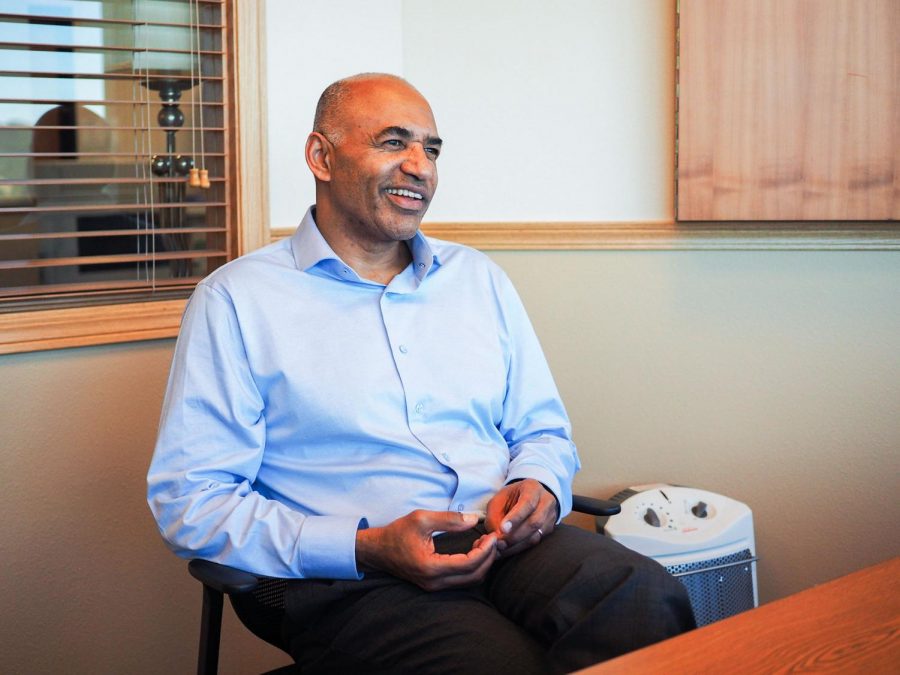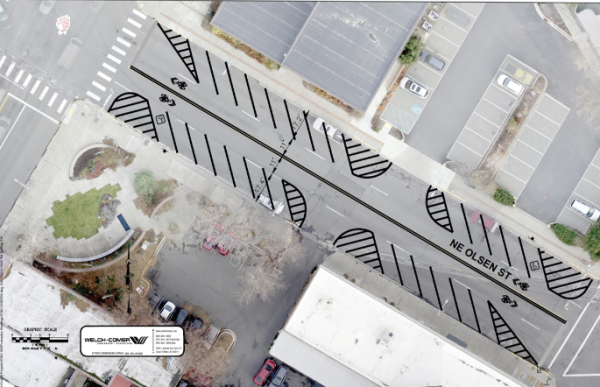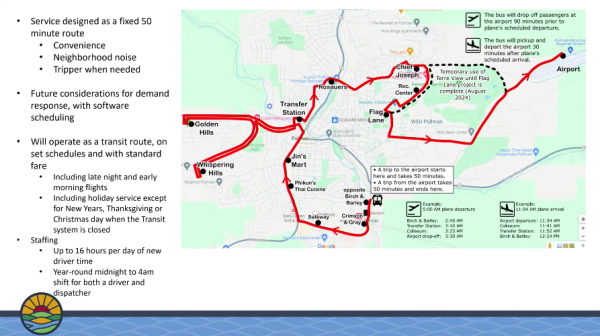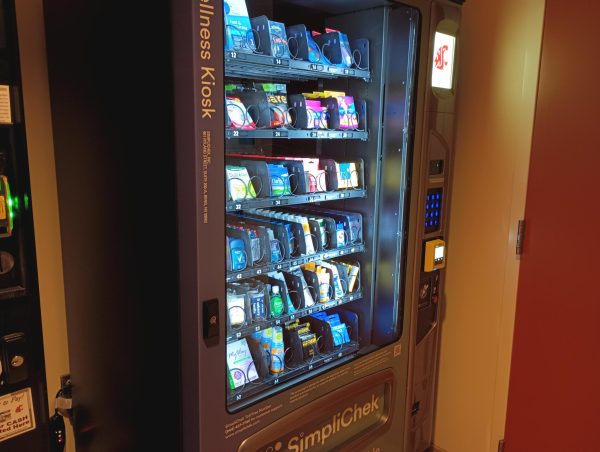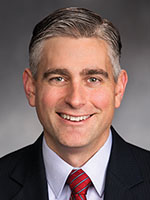Hospital raises money for residency program
Hospital will need about $6.5 million more to keep hosting student opportunity
Rueben Mayes, Chief Development Officer at Pullman Regional Hospital, discusses where the funding for the residency space comes from on Thursday at PRH Foundation’s office.
February 24, 2020
This story was updated to clarify several facts. There is no bond proposed to the community to fund the residency program. The hospital also needs a total of $6.5 million to fund the residency program and it raised $3.8 million so far.
Pullman Regional Hospital’s Board of Commissioners approved a space in the hospital for the new physician residency program.
Rueben Mayes, chief development officer of the PRH Foundation, said PRH has raised $3.8 million since Jan. 1, 2019. The hospital needs about $2.7 million more continue with the residency program as part of the Next Era of Excellence.
Mayes said physician residents should be working in the program’s space by 2022.
“The fundraising is just getting started,” Mayes said.
Alison Weigley, assistant director of development for PRH Foundation, said having a residency program in Pullman gives WSU medical students a sense of security and encourages future doctors to stay in the area.
Weigley said that the main challenge of rural medicine is recruiting and retaining physicians. This will be easier after the implementation of the residency program.
“A lot of supporters and donors are really excited about having this in Pullman, at the flagship Washington State University,” Weigley said. “It takes a village to do this.”
Mayes said Mayor Glenn Johnson and PRH Foundation Co-Chair Campaign Cabinet Wayne Druffel are the committee’s co-chairs. Johnson and Druffel have volunteered their time towards the Next Era of Excellence, he said.
The Elson S. Floyd College of Medicine is sponsoring the residency program.
After medical school, residency is the next step in a medical student’s journey, he said. Residency allows the new doctors to gain real life experience in a professional environment.
Residency programs usually last about three years, he said. After their residency, the new doctors become board-recognized doctors.
Residents work with patients in a similar way that a doctor would. However, they are supervised by a program director. They see patients in hospital programs including neonatal care and primary care.
WSU’s partnership with PRH started with a Modus of Operandi being signed by President Kirk Schulz.
Weigley said community members can donate to the residency program.


